- Overview
- Types
- Hormonal Methods
- Barrier Methods
- Behavioral Methods
- Medical Methods
- Male Birth Control
- Emergency Contraception
- Side Effects & Complications
- View Full Guide
His Turn: 8 Options in the Pipeline for Male Birth Control


Current Birth Control Options for Men
Besides abstinence from sex, the currently available birth control for men are condoms and vasectomy.
Condoms are a barrier method. They prevent semen (which contains sperm) from reaching the egg to fertilize it.
Vasectomy is a permanent, surgical male birth control. It prevents sperm made in the testes from reaching the penis.
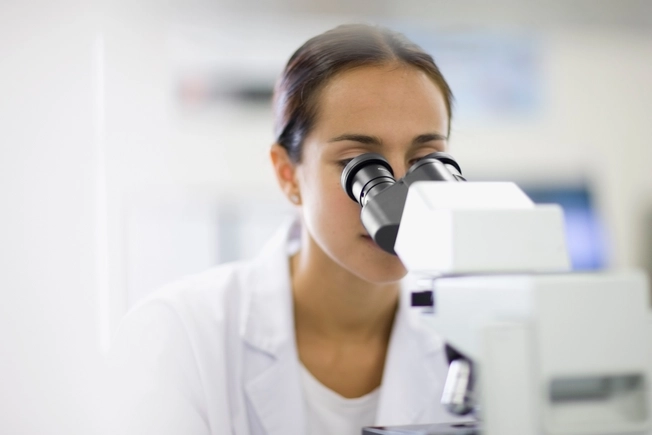
Are Other Methods Available?
The withdrawal method is not reliable for birth control. It has a high failure rate.
Women have a variety of birth control methods. Research is underway to find new kinds of male birth control. The two main directions of research are:
Hormonal male birth control. Synthetic hormones that can safely and effectively stop sperm production.
Non-hormonal male birth control. Other methods can prevent healthy sperm from reaching a woman's vagina.

Male Birth Control — Requirements
Any birth control method must be dependable — with very few unintended pregnancies — and reversible. Some compounds, like gossypol and triptolide, are effective but can cause permanent sperm reduction.
Some important factors for male birth control are dependable and quickly reversible, few mild side effects, no effect on libido, easy to take or use, easy to access, and affordability.
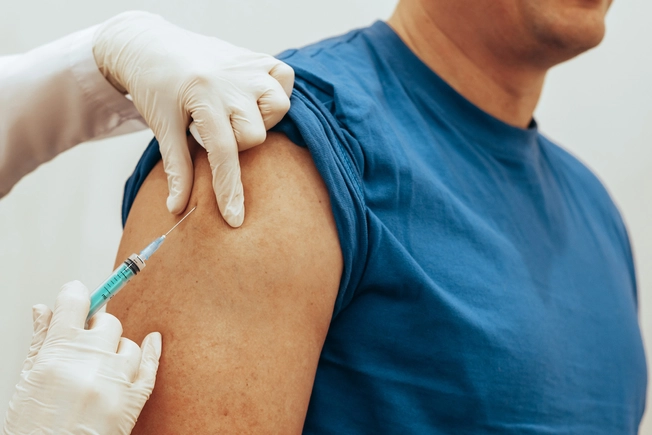
1. Testosterone Injections
This hormone prevents the release of the pituitary hormones that tells the testes to produce sperm. Weekly or monthly injections reduce sperm counts and prevent pregnancy.
These hormonal birth control injections have side effects — injection site pain, acne, weight gain, abnormal blood lipid levels, and psychological effects.
Studies also showed that testosterone alone is not as effective as combinations with progestin (a hormone like progesterone).
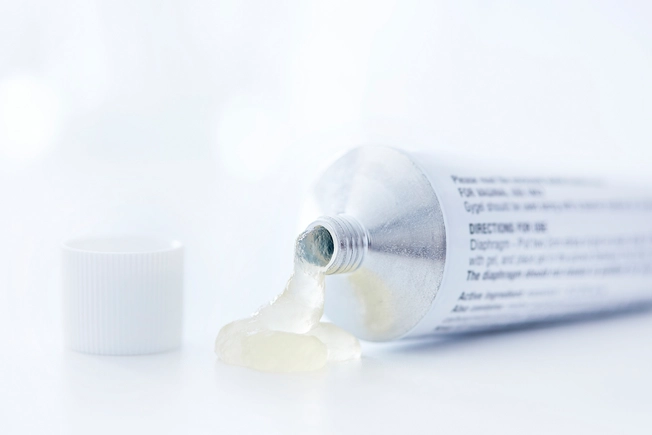
2. Hormonal Contraception Gel
This is a gel you apply to your skin daily. It gets absorbed and prevents the formation of sperm. The gel is named NES/T.
This gel is a combination of Nestorone (NES) and testosterone (T). Nestorone is a progesterone-like hormone that acts on the testes to stop sperm production. Testosterone is a male hormone and is included to retain libido.
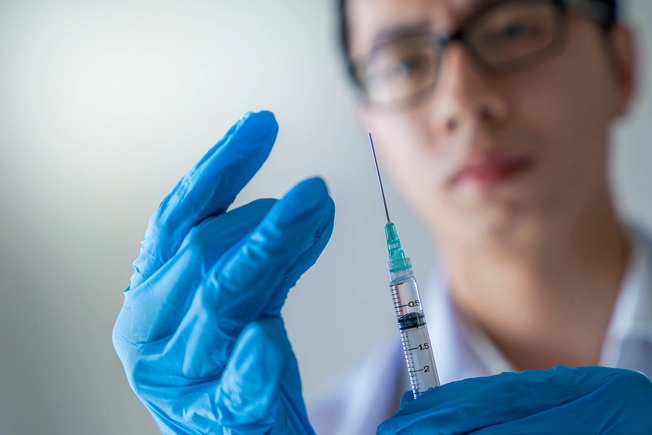
3. Hormonal Combination Injections
These injections combine hormones with long-lasting action. Norethisterone enanthate (NETE) and testosterone undecanoate (TU) is one example.
These injections have been tried at 6-week and 8-week intervals. They greatly reduce sperm production. Side effects are local pain at the injection site, acne, muscle pain, and mood swings.
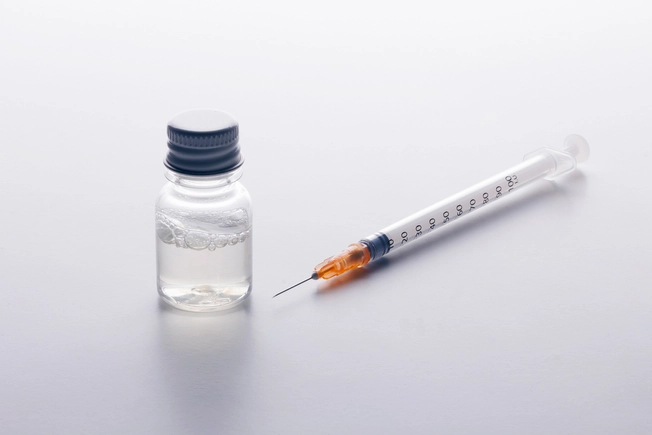
4. Testosterone Plus GnRH Antagonists
Gonadotropin Releasing Hormone (GnRH) antagonists suppress the pituitary hormones that cause the testes to produce sperm. They are very effective at suppressing sperm production.
GnRH antagonists are expensive and require frequent injections. Research for a long-acting preparation, degarelix, is happening now.
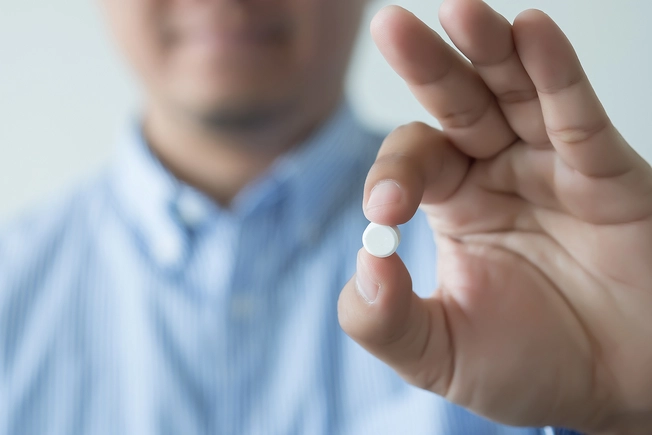
5. The Hormonal Male Pill
Hormonal male birth control has been tried as much as injections. Oral testosterone forms are toxic or need several doses a day, which is not practical.
Dimethandrolone undecanoate is a new testosterone-like medicine. You can take it as a pill. It is effective at stopping sperm production.
Side effects are weight gain, raised hemoglobin, and blood lipid disturbances.
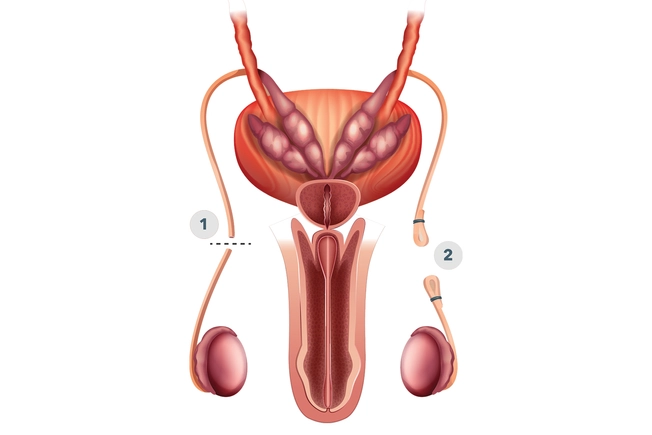
6. Non-Hormonal Contraception — RISUG
RISUG is reversible inhibition of sperm under guidance. The vas deferens are the tubes carrying sperm from the testes. Vasectomy works by cutting these tubes.
RISUG is different and uses a chemical injected into the vas deferens. This blocks the tubes and destroys any sperm that touches it. When you want to have children, your doctor washes out the blocking chemical with another chemical.

7. Non-hormonal Contraception — IVD
A similar method is the intra-vas device (IVD). Your doctor places this device inside the vas deferens. It filters the sperm out and prevents pregnancies.
IVD is currently just an experimental technique, with studies looking at its effectiveness and safety.
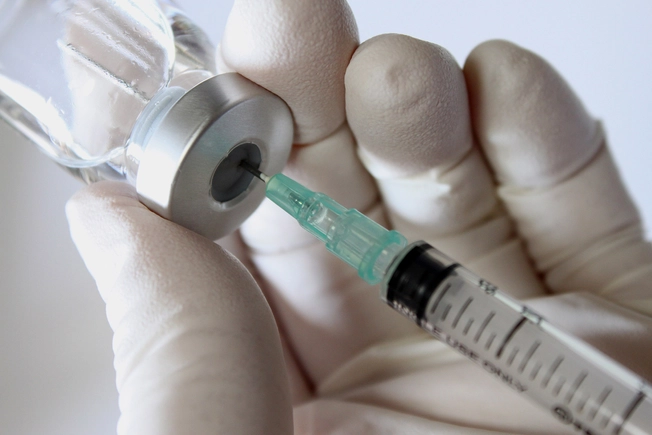
8. Birth Control Vaccine
Eppin is a protein found in sperm. A vaccine to target this protein has been successful in lessening sperm counts. Other potentials for a birth control vaccine are GnRH and FSH (follicle-stimulating hormone).
The birth control vaccine is not reversible in some men. This vaccine also needs frequent booster doses and is not fully dependable.